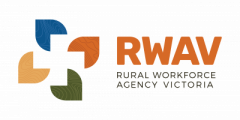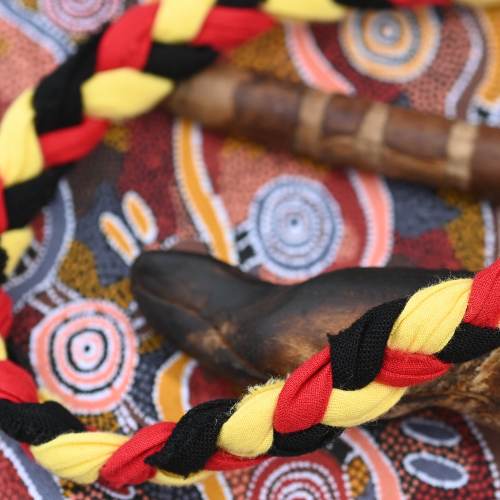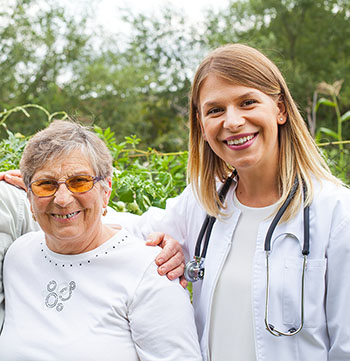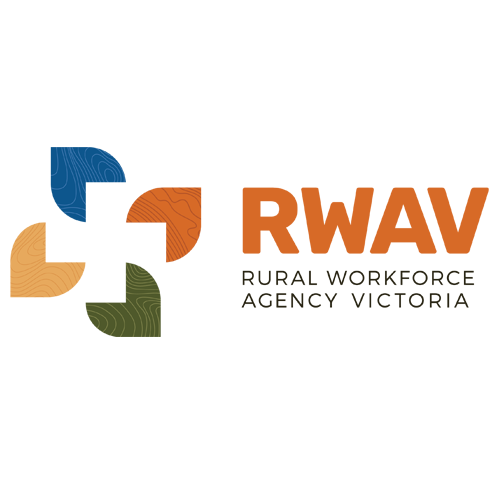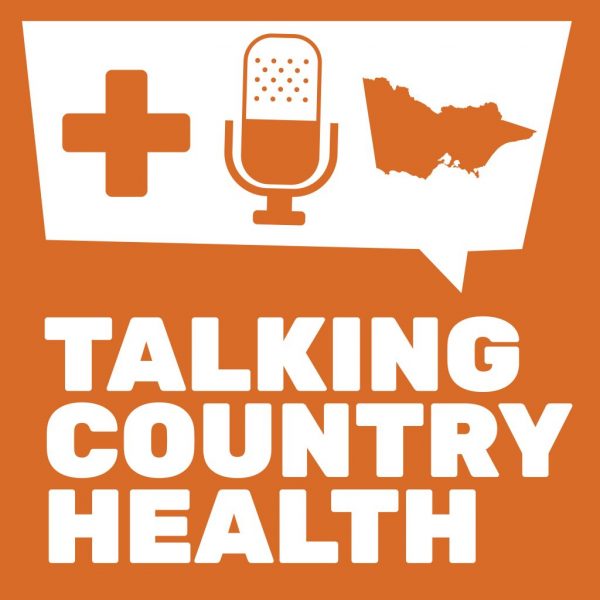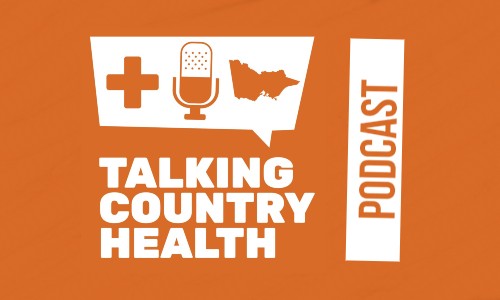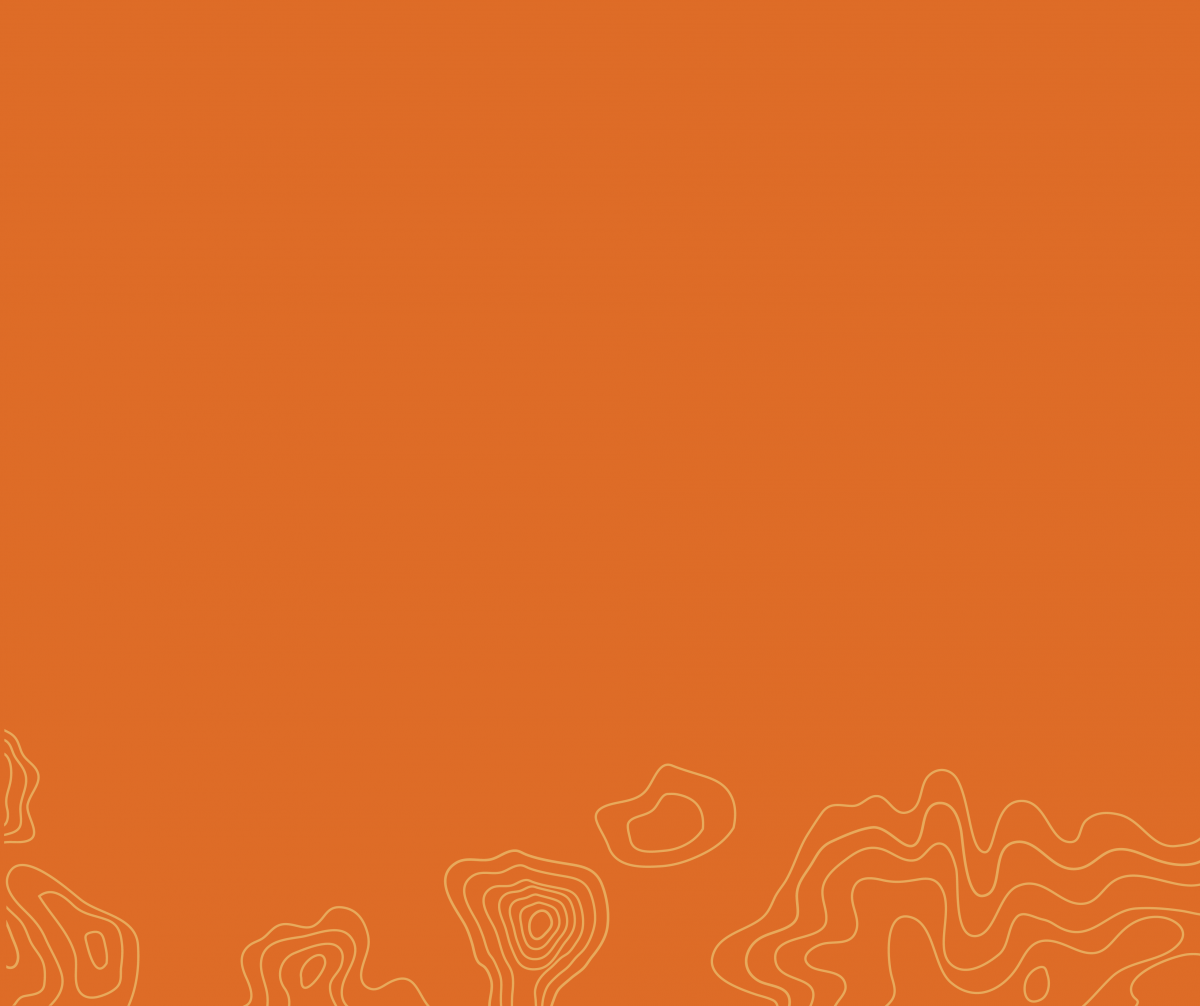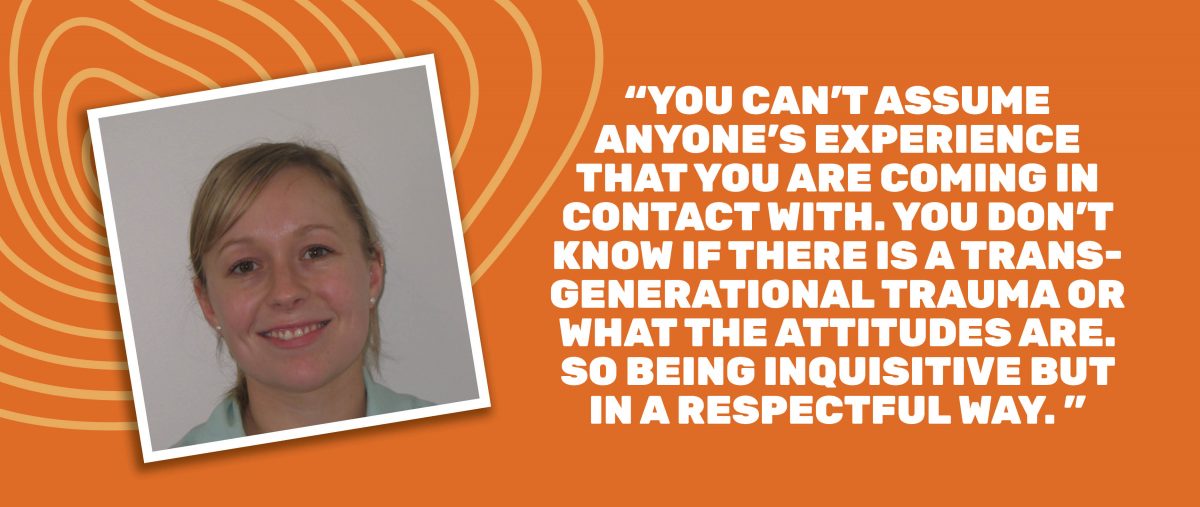
Danielle Millar is a Project Manager for Allied Health Services and Podiatrist at IPC Health. Part of Danielle’s role includes the coordination of outreach services for Aboriginal and Torres Strait Islander clients. We caught up with Danielle to ask about the importance of offering a culturally safe environment, adapting to telehealth services during COVID-19 and some of her tips for health professionals looking to get into outreach work.
Tell us about IPC Health and your role.
IPC is a community health organisation that provides affordable health care, so our aim really is just to improve the quality of life for people and communities, in and around the areas that we serve. We operate six sites across western Melbourne with many of our clients coming from the surrounding areas. We have a large variety of services including allied health, GP clinics, dental, family services, counselling and more. We also deliver outreach services for those who need us to go out into their home.
About my role, I coordinate and select a number of allied health services that RWAV provides funding for, and that’s for people who identify as being Aboriginal and Torres Strait Islanders living in the Wyndham Vale area.
Tell us about the best parts of your role.
I’m actually one of those weird people who likes my job. I would say the best part is definitely the connections with my colleagues and community, particularly with my colleagues working within the Aboriginal Health team. I personally do have a strong holistic approach to health care and I get to work collaboratively with my peers and clients to consider all aspects of their health. We work as a team and we get to see some really positive outcomes, which is rewarding. I have also really enjoyed being in the clinic and getting to know community members and hearing their stories.
What are you seeing as some of the prominent health needs for the IPC Health client base?
We work across a large area of western Melbourne so we do have a really diverse client base. Specific to Aboriginal community members, we are finding that there are a number of chronic health conditions such as diabetes, depression, anxiety, renal, and heart disease.
Adding to the complexity of these conditions are factors like low health literacy; Wyndham is rapidly growing and there are limited specialist services that are affordable and accessible; and there is also limited transport at the moment, so people are having difficulty getting into some of these services.
Another issue to consider is that there are no Aboriginal specific health services for people to access. We are trying to fill that void by being recognised as a culturally safe place that people can come to for their primary health needs.
How do you work with RWAV to coordinate outreach services?
Besides my role within the podiatry clinic, I’m also a coordinator. I’m a key contact, scheduling in the different visits with the various health professionals, liaising with the health professionals and doing the bookings referrals. We not only have podiatry, but also diabetes education, paediatrics, speech pathology and optometry services available.
Could you talk to us about the importance of providing culturally safe services?
First off, I think it’s just about getting people in the door. We need to ensure that Aboriginal and Torres Strait Islander people feel welcomed and are comfortable coming into the appointments at IPC health. The next part is then working effectively, I think to work collaboratively and respectfully with people you need to have an appreciation of culture and history which obviously cultural safety training provides. And that may give you some insight and context to the interactions that you are having with people.
On a whole, as an organisation it helps us to create an environment that’s physically, emotionally, spiritually safe for those attending, and out of that we find that we get better health outcomes too.
How have these services at IPC health needed to adapt during COVID-19?
The majority of services at IPC have switched to telehealth, with face to face appointments happening only when it’s physically necessary. Those that are coming in for face to face appointments are screened prior to ensure that they have not had any contact or any symptoms of COVID. Then on the day of their appointment, before they enter the building, they are screened as well. We also opened up drive-through acute respiratory clinics, both at our Deer Park and Wyndham Vale sites. We are getting some really good outcomes from it. In some ways, we have been able to ramp up some of our other services using telehealth.
Any tips for health professionals who are wanting to get involved with providing outreach services?
I would recommend you do cultural awareness training and just be open-minded about people’s own experiences. I have done quite a few training sessions, and one thing that it has taught me is that you can’t assume anyone’s experience that you are coming in contact with. You don’t know if there is a trans-generational trauma or what the attitudes are. So being inquisitive, but obviously in a respectful way.
I think also be patient. As health professionals you go into that field because you want to help people, and we tend to just jump straight into that. Still, sometimes you need to take a bit of a step back and build rapport with the community before you can work around their individual health goals and find the right services for them. Keep in mind that it might take a bit of time to get the word out about the services. It takes time for people to establish trust in you as a service provider and organisation. Once that happens, things start getting shared, and you start getting more referrals.You can listen to our full interview with Danielle Millar on the Talking Country Health Podcast. Listen here. Are you interested in providing outreach services? RWAV facilitates programs to support health professionals providing outreach services in country Victoria and to Aboriginal health services based in MM1 locations. To learn more about how you can get involved, click here or email vicoutreach@rwav.com.au
